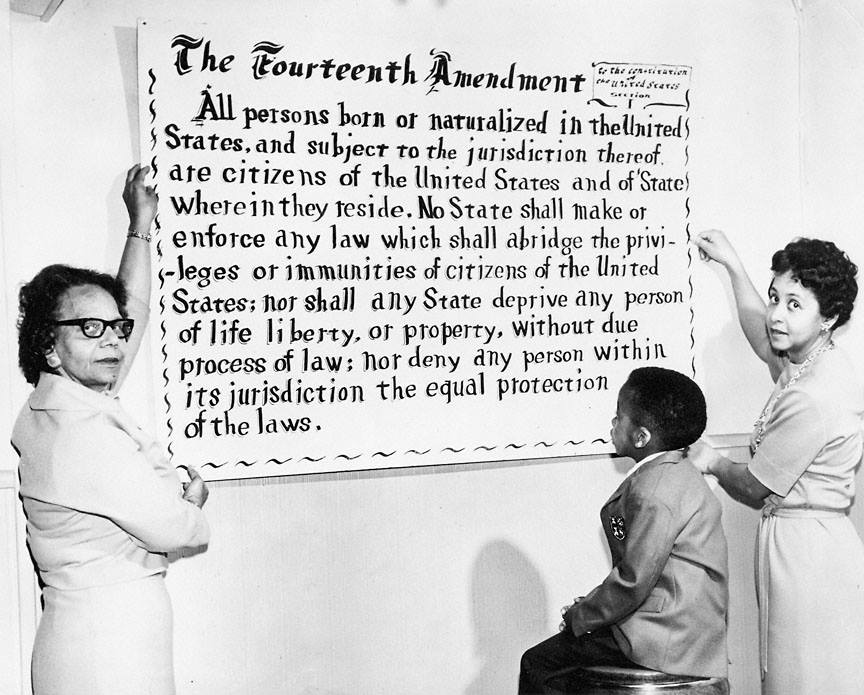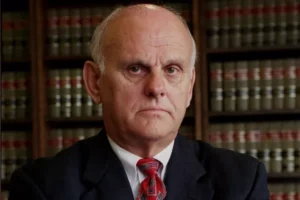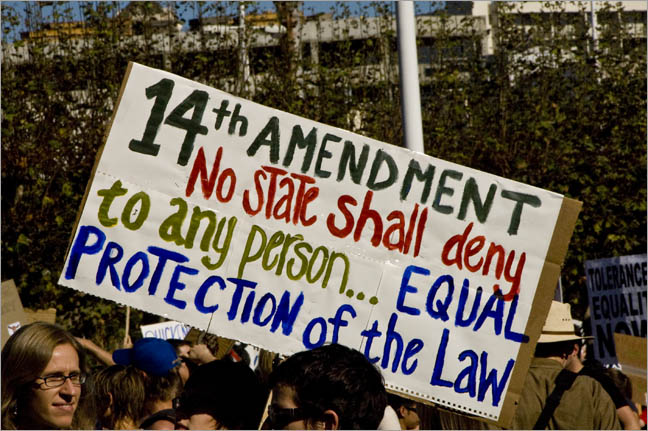The 14th Amendment to the U.S. Constitution, ratified in 1868, affirms that “All persons born or naturalized in the United States, and subject to the jurisdiction thereof, are citizens of the United States.” This provision was established to guarantee citizenship to formerly enslaved individuals and has since been interpreted to grant automatic citizenship to nearly all individuals born on U.S. soil, regardless of their parents’ immigration status.
The U.S. Supreme Court’s 1898 decision in United States v. Wong Kim Ark reinforced this interpretation, confirming that children born in the U.S. to foreign nationals are citizens under the 14th Amendment. The decision established a constitutional foundation that has endured for over a century, weathering numerous political storms and legal challenges.

Executive Challenge to Constitutional Precedent
In January 2025, President Donald Trump issued an executive order seeking to redefine birthright citizenship. The order aimed to deny automatic citizenship to children born in the U.S. to parents who are undocumented immigrants or temporary visitors, arguing that such individuals are not “subject to the jurisdiction” of the United States as intended by the 14th Amendment. This move marked a significant departure from over a century of legal precedent and sparked immediate legal challenges.
The administration’s interpretation hinges on a narrow reading of the phrase “subject to the jurisdiction thereof.” Legal experts widely disputed this interpretation, noting that the phrase was historically understood to exclude only children of foreign diplomats and members of Native American tribes not yet considered part of the United States.
The Courts Respond

Multiple federal courts have since blocked the enforcement of the executive order, citing its apparent conflict with the Constitution and established legal interpretations. Federal District Court Judge John C. Coughenour called the executive order “blatantly unconstitutional” and issued a nationwide injunction, with similar rulings from judges in other federal districts.¹
The Supreme Court heard arguments on May 15, 2025, focusing not only on the constitutionality of the executive order but also on the broader issue of whether lower courts have the authority to issue nationwide injunctions that halt federal policies across the country. During oral arguments, some justices expressed concerns about the practical implications of the order, with Justice Sonia Sotomayor noting concerns about children who could be “born without citizenship papers.”²
Constitutional Stakes
This challenge to birthright citizenship represents a fundamental tension between governmental authority and constitutional protections. At stake is the principle that constitutional rights cannot be diminished through executive decree, and that the separation of powers serves as a critical check on governmental overreach.
The outcome of this constitutional challenge extends far beyond immigration policy. For millions of Americans, the resolution will determine whether their citizenship remains secure under the Constitution’s protection or becomes subject to the changing winds of political fortune. The Supreme Court’s eventual decision will likely become a defining moment in American constitutional law, establishing boundaries between executive power and constitutional rights that will endure for generations.
As this constitutional drama unfolds, it serves as a reminder that our constitutional protections require vigilant defense through our democratic institutions. The birthright citizenship challenge represents a critical test of whether political expediency can reshape constitutional protections designed to endure across generations, or whether the courts will uphold the foundational principle that citizenship, once granted by the Constitution, cannot be revoked by executive decree.
Footnotes:
¹ CBS News, “Judge temporarily blocks Trump’s birthright citizenship executive order,” January 23, 2025, https://www.cbsnews.com/news/judge-temporarily-blocks-trump-birthright-citizenship-executive-order/
² CNN Politics, “Conservative justices object to how lower courts are blocking Trump, but birthright citizenship case presents deeper issues,” May 16, 2025, https://www.cnn.com/2025/05/16/politics/supreme-court-birthright-citizenship-trump-executive-order-biskupic-analysis

